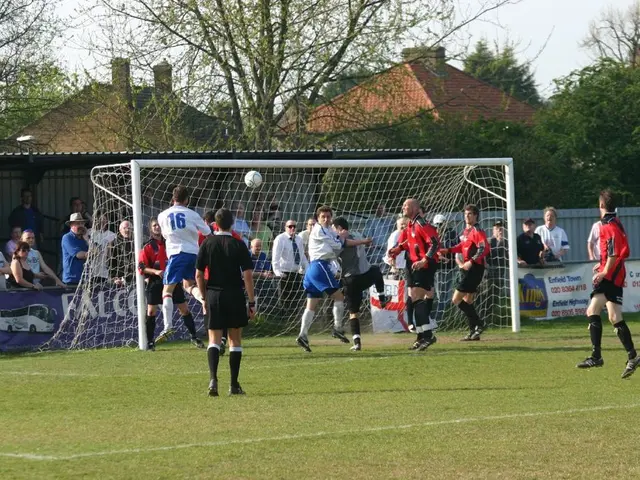Israeli tanks move forward in Gaza City, leading to the disruption of phone and internet services.
In the coastal enclave of Gaza, a tense situation continues to unfold as Internet and phone lines are cut off, leaving residents isolated from the outside world. This comes as the World Health Organisation (WHO) accuses Israel of preventing the delivery of life-saving supplies, raising concerns about the health system's capacity to cope.
The Hamas-controlled health ministry reported that 79 Palestinians were killed and 228 wounded by IDF fire in the previous 24 hours, highlighting the violence that persists in the region. Residents have reported that Israeli forces have used remotely driven vehicles laden with explosives in both areas, adding to the fear and chaos.
Amidst the chaos, Ismail, a Gaza resident, relies on an eSIM to connect his phone, a method that requires higher ground to receive a signal, making communication even more challenging.
The United Nations has expressed concern over food and other supplies running out in northern Gaza, as more than 450,000 residents of Gaza City have fled south to avoid the fighting. The cost of leaving Gaza City has become very expensive, with lorry drivers charging families more than €1,500 for the short journey to central Gaza. In some areas, a tent or makeshift shelter can now cost close to €1,000.
The Israel Defense Forces (IDF) are pushing deeper into Gaza's largest urban sprawl, where thousands of Hamas militants are believed to be located. Israeli tanks are present in two areas leading towards Gaza City. Reports suggest that the Israeli military is using local clans in Gaza, based on extended families, to fight against Hamas, adding a complex layer to the ongoing conflict.
Meanwhile, concerns exist about the potential for these local militias to act independently or even turn against Israel in the future, due to uncertainty about the extent of Israeli control over these groups.
Israel's finance minister, Bezalel Smotrich, has suggested that the Gaza Strip could be a 'real estate bonanza' and is reportedly in talks with the US about dividing up the territory after the war. These developments have fuelled speculation about the future of the region and the potential for long-term peace.
The World Health Organisation has warned that hospitals in Gaza are on the brink of collapse, adding urgency to the need for a resolution to the conflict and a restoration of essential services. The situation in Gaza remains fluid and uncertain, with the safety and wellbeing of its residents hanging in the balance.
Read also:
- United States tariffs pose a threat to India, necessitating the recruitment of adept negotiators or strategists, similar to those who had influenced Trump's decisions.
- Weekly happenings in the German Federal Parliament (Bundestag)
- Southwest region's most popular posts, accompanied by an inquiry:
- Discussion between Putin and Trump in Alaska could potentially overshadow Ukraine's concerns








